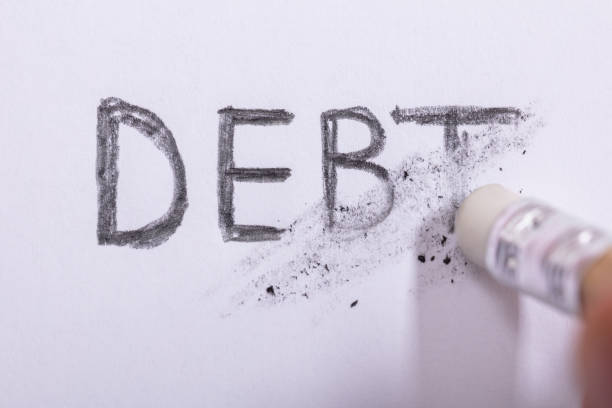You’ve already taken the right step if you’re looking for a better approach to managing your debt to eliminate most or all of it. A mortgage can help you realize the goal of owning a home and may even help you generate wealth if your home increases in value as you prepare to move forward. But having too much or improper kinds of debt, like high-interest credit card debt, might make it easier to achieve other financial objectives. This article will spread some light on the accessible ways of debt management. Please keep reading to know every bit of it.
Factors To Manage The Debt
Consider these given actions to manage your debt better. It might often feel challenging to pay back your debt. Making a plan to handle your payments and balances can help. Discover some quick actions you can take to help manage your debt by looking through these suggestions given by the experts of Money-Wise.
- Always pay bills on time.
35% of your credit score is based on your payment history. Pay as quickly as possible if you’ve missed a payment; it will help. If you are 30, 60, or 90 days late on payments, your credit reports will keep track of it.
- Regularly keep an eye on your credit.
Regularly check your credit reports for accuracy and to identify any areas for improvement.
- Invest more than the bare minimum.
Always make an effort to pay more than is required. This helps you pay off debt more quickly, save money on interest, and even raise your credit score.
- Establish your boundaries.
Your credit score may suffer if you are near or at the maximum of your credit limitations. Keep your balance on revolving lines under 30% of your credit limit.
- Understanding your debt-to-income (DTI) ratio.
Keep your DTI ratio around 35% because lenders consider it when issuing new loans and compare your debt to your monthly income.
- Only take on more debt when necessary.
Just if you need them, apply for and open new credit accounts. Too many open accounts with balances might hurt your credit score and be challenging to manage.
- Get access to reduced rates.
Examine your current loans to see if you qualify for reduced interest rates, significantly if your credit has improved or if rates have decreased since you first applied. Customers of Money view can utilize many similar features to see estimated rates and payments without affecting their credit scores.
- Be careful while canceling accounts.
In the short term, closing credit card accounts may lower your available credit and credit score. Keep an account open if it has a solid payment history and a minimal or negative balance.
- Create an emergency fund.
The ability to save money in a savings account may prevent you from using credit cards to cover unforeseen costs.
More add-ons are as follows:
- Assessment and plan creation
See when it’s your best choice: when your overall debt is getting out of hand, and you can only make the minimal credit card payment each month. The effects of compound interest will cause your debt to grow over time if you’re merely making the minimum payment each month to reduce your total.
See what it looks like: Your first step should be determining your actual debt amount. List each creditor you owe money to, the amount owed, the interest rate, and the due date for each payment. Using this view, you can decide on the best payment plan and set priorities.
Some people begin by paying off the debts with the highest interest rates first. The higher the interest rate, the more you can save by paying off the debt as quickly as possible. For some, it makes sense to start paying off the accounts with the lowest balances immediately so you can divert those payments to those with higher levels.
- Make contact with a credit expert.
When it is the ideal choice: If you’re falling behind on your payments and want advice, You may have exhausted all available options, such as borrowing from family and friends, and now collection agencies are contacting you.
What it looks like: Because each situation is different, speaking with a credit counselor can help you understand how to manage your debt effectively. The counselor may negotiate on your behalf with creditors to reduce interest rates and waive fees, and they might also advise you on how to start saving again. If you enroll in a formal debt management program, you can pay the organization running it a single monthly payment, and they will then distribute payments to your creditors.
- Negotiate or postpone
When it is the ideal choice: If you ask before you’re in significant danger, your loan holders may be more open to negotiations or forbearance. For instance, if you believe you might manage a less demanding payment schedule but can no longer make the minimum payments on your unsecured debt.
You might be able to negotiate the payment plan or interest rate for your balance, albeit each creditor has its own rules. For instance, it is beneficial to proactively discuss a payment plan with your healthcare provider before the first bill is due if you have medical debt. Similarly, you may be able to postpone repayment of your student loans through deferment or forbearance if you cannot afford the required monthly payments.
Concluding About The Debt Management Plan
For all of your concerns regarding payday loans, you are respectively welcome at Money Wise. We are the best in the market, offering a sizable network of top-notch lenders and other helpful services. We have features that will address all of your related problems. For the same, contact us right away!


